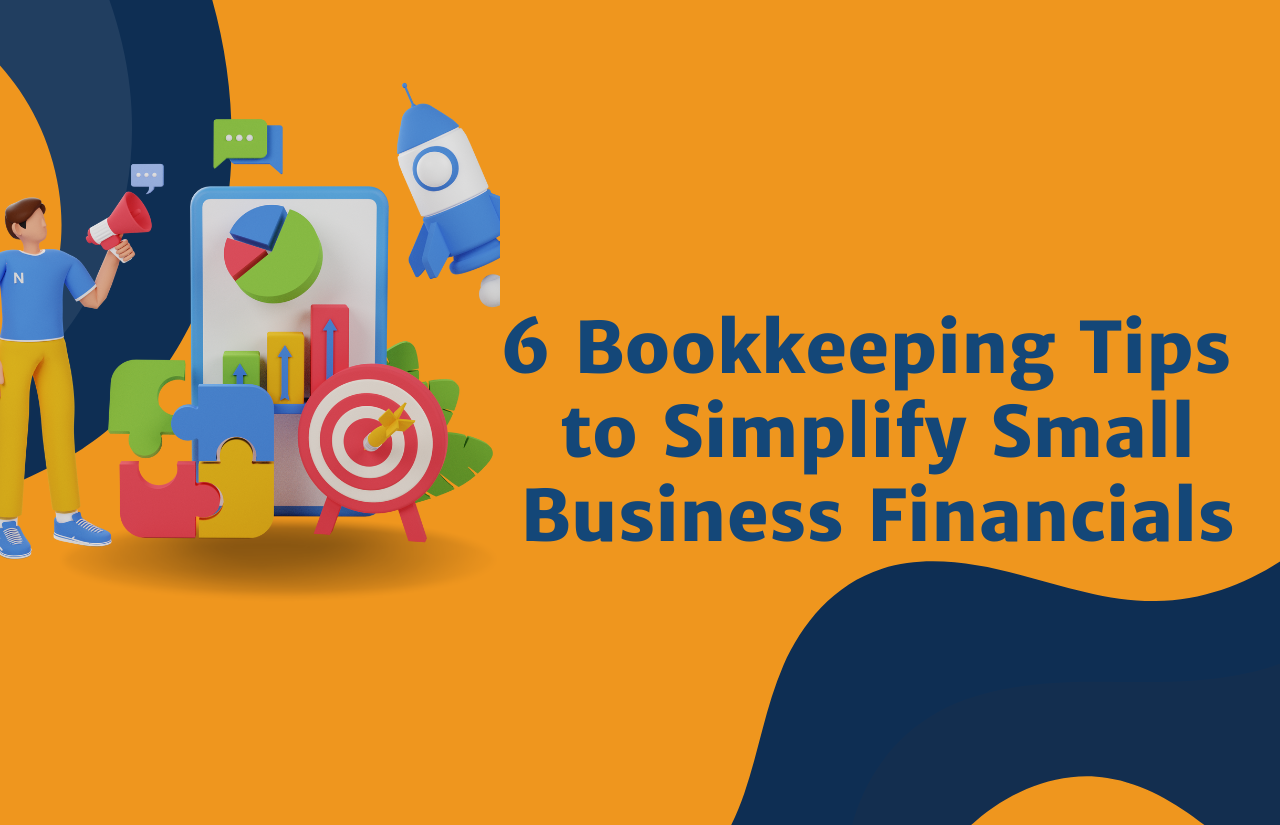As a Shopify seller, managing your finances properly is crucial for the success of your business. Bookkeeping for Shopify can be a daunting task, especially if you’re doing it by yourself or struggling to find the right bookkeeping service provider.
However, with the right tools and knowledge, bookkeeping can be an effective way to keep track of your finances and make informed decisions for your business.
One tool that many Shopify sellers use for bookkeeping is QuickBooks. QuickBooks is a cloud-based accounting software that can help simplify and automate bookkeeping tasks. However, using QuickBooks for Shopify bookkeeping requires some know-how and experience.
You can start by looking into this step by step guide to connect Shopify with Quickbooks.
In this article, we’ll explore the pros and cons of DIY bookkeeping for Shopify sellers, the benefits of using QuickBooks for Shopify bookkeeping, and tips for hiring a bookkeeping service provider.
Whether you’re new to Shopify bookkeeping or looking to streamline your existing process, this article will provide valuable insights and tips to help you make informed decisions for your business.
While comparing, you may find it useful to read our article about Bookkeeping Services vs. DIY Bookkeeping.
Pros and Cons of DIY Bookkeeping for Shopify Sellers
While DIY bookkeeping for Shopify sellers has its benefits, it also comes with its challenges. Here are some pros and cons to consider:
Pros:
Cost savings: DIY bookkeeping can save you money since you won’t have to pay for bookkeeping services.
Control: With DIY bookkeeping, you have greater control over the bookkeeping process. You can customize the process to fit your needs and preferences.
Understanding of your finances: Doing your own bookkeeping can give you a better understanding of your business’s finances. You’ll have a better grasp of your cash flow, expenses, and profits.
Cons:
Lack of expertise: If you’re not experienced in bookkeeping, you may not know how to properly categorize transactions, reconcile accounts, or generate financial reports. This can lead to inaccuracies and errors in your financial statements.
Time constraints: Bookkeeping can be time-consuming, especially if you have a large number of transactions to record. Doing your own bookkeeping can take away from time you could be spending on other important business tasks.
Risk of audits and penalties: If your bookkeeping isn’t accurate or compliant with tax laws, you could face audits or penalties from tax authorities. This can be costly and time-consuming to resolve.
Before deciding to do your own bookkeeping, consider your level of expertise, time availability, and the complexity of your finances.
Investing in a bookkeeping service provider may be worth, it if you’re not confident in your bookkeeping skills or if your finances are complex.
On the other hand, if you’re comfortable with bookkeeping and have the time to devote to it, DIY bookkeeping can be a cost-effective option.
In the next section, we’ll explore how QuickBooks can help simplify and automate bookkeeping tasks for Shopify sellers.
Benefits of Using QuickBooks for Shopify Bookkeeping
QuickBooks is a popular accounting software that can help Shopify sellers streamline their bookkeeping processes. Here are some benefits of using QuickBooks for Shopify bookkeeping:
Simplified bookkeeping
QuickBooks can simplify bookkeeping tasks by automating processes such as data entry, bank reconciliations, and financial reporting.
Integration with Shopify
QuickBooks can integrate with Shopify to automatically import transaction data, such as sales, refunds, and fees. This can save you time and reduce the risk of errors.
Customization
QuickBooks allows you to customize your bookkeeping process to fit your business’s unique needs. You can create custom reports, set up alerts for certain transactions, and more.
Accuracy: QuickBooks can help ensure accuracy in your financial statements by automatically categorizing transactions and reconciling accounts.
Cloud-based
QuickBooks is cloud-based, which means you can access your financial data from anywhere with an internet connection. This can be especially helpful for remote work or when you’re on the go.
Using QuickBooks for Shopify bookkeeping can help you save time and reduce errors in your financial statements. However, it’s important to note that QuickBooks does require some knowledge and experience to use effectively.
However, according to this tweet, when entrepreneurs asked to poin out a skill they want to learn, manu choosed Quickbooks.
But, still, if you’re not confident in your QuickBooks skills, it may be worth investing in a bookkeeping service provider that specializes in QuickBooks.
In the next section, we’ll provide tips for hiring a bookkeeping service provider for your Shopify business.
Tips for Hiring a Bookkeeping Service Provider for Shopify Sellers
If you’re not confident in your bookkeeping skills or don’t have the time to devote to it, hiring a bookkeeping service provider can be a smart choice. Here are some tips for finding and hiring the right bookkeeping service provider for your Shopify business:
Look for experience
When you search for a bookkeeping service provider, make sure that they have experience working with Shopify businesses specifically. Ask for references and check online reviews to ensure they have a good track record.
Consider their technology
Make sure that your bookkeeping service provider uses modern accounting software and technology, such as QuickBooks or Xero. This can help ensure accuracy and streamline the bookkeeping process.
Check their certifications
Look for bookkeeping service providers that have certifications such as Certified Public Accountant (CPA) or Certified Bookkeeper. This can indicate that they have the necessary knowledge and expertise to handle your bookkeeping needs.
Understand their services
Ensure that you understand what services the bookkeeping service provider offers and what is included in their pricing. Some providers may offer additional services such as tax preparation or financial planning, while others may only handle bookkeeping tasks.
Communication
Make thorough research and find a bookkeeping service provider that communicates clearly and regularly with you. They should be able to explain your financial statements in layman’s terms and answer any questions you have.
By following these tips, you can find a bookkeeping service provider that can help you manage your Shopify business’s finances effectively.
Download our printable checklist of questions to have in mind when hiring a bookkeeper for your Shopify business.
In addition, if you are considering hiring a professional bookkeeper, you should read our article and understand the benefits of outsourced bookkeeping for small businesses.
In the next section, we’ll provide some final thoughts on DIY bookkeeping versus hiring a bookkeeping service provider.
Conclusion
In order to run a successful Shopify business, bookkeeping takes an important role. While DIY bookkeeping can be tempting, it’s important to consider the time and effort required to maintain accurate financial records.
Using QuickBooks for Shopify bookkeeping can help streamline the process and ensure accuracy. However, it does require some knowledge and experience to use effectively.
If you’re not confident in your bookkeeping skills or don’t have the time to devote to it, hiring a bookkeeping service provider can be a smart choice. By following the tips we’ve outlined, you can find a bookkeeping service provider that can help you manage your Shopify business’s finances effectively.
Ultimately, the decision between DIY bookkeeping and hiring a bookkeeping service provider depends on your individual needs and preferences. If you have the time and knowledge to do it yourself, DIY bookkeeping can be a cost-effective option. However, if you want to ensure accuracy and save time, hiring a bookkeeping service provider may be the way to go.
Whatever you decide, remember that accurate bookkeeping is essential for running a successful Shopify business. With the right tools and support, you can manage your finances effectively and focus on growing your business.



